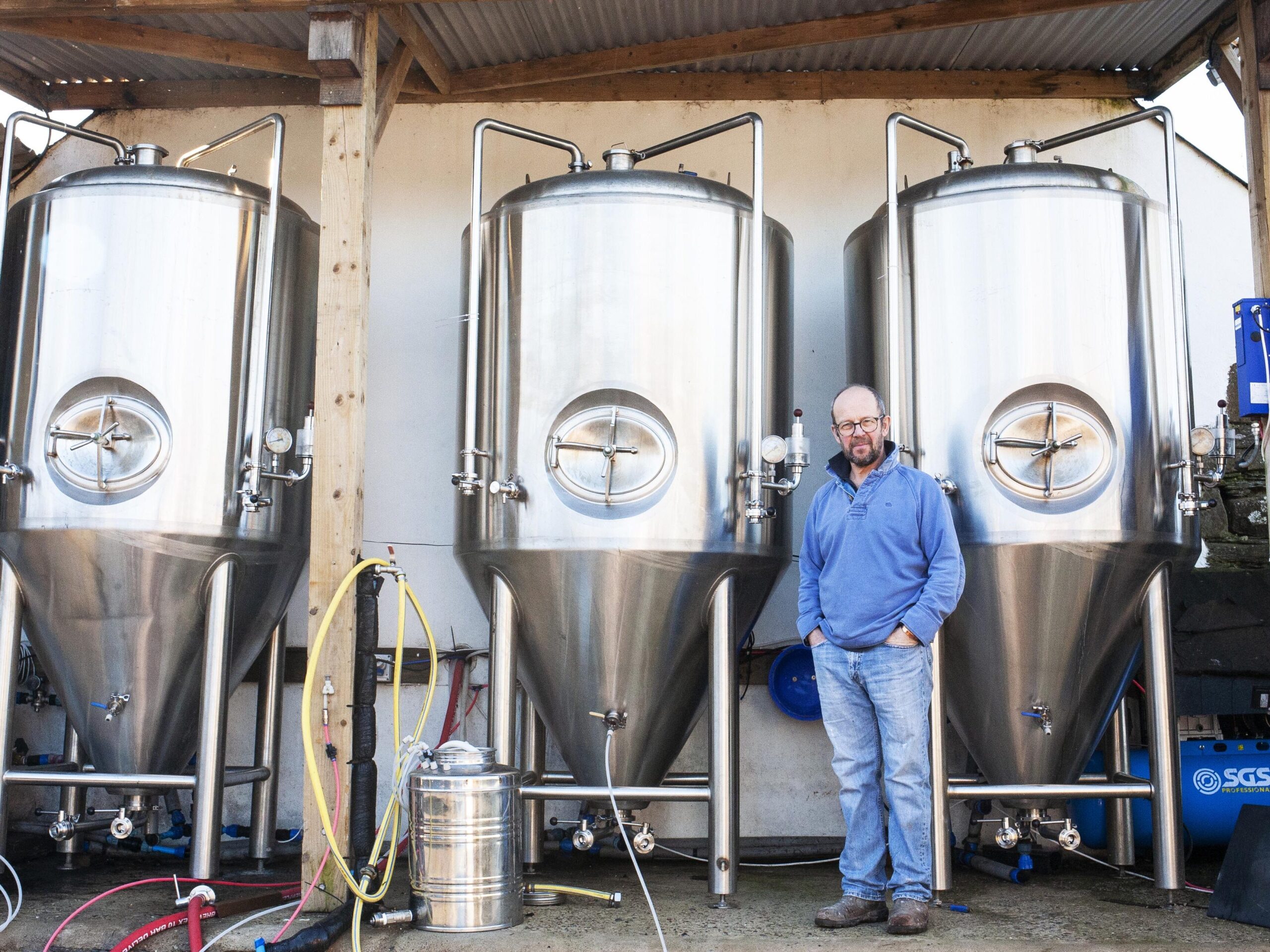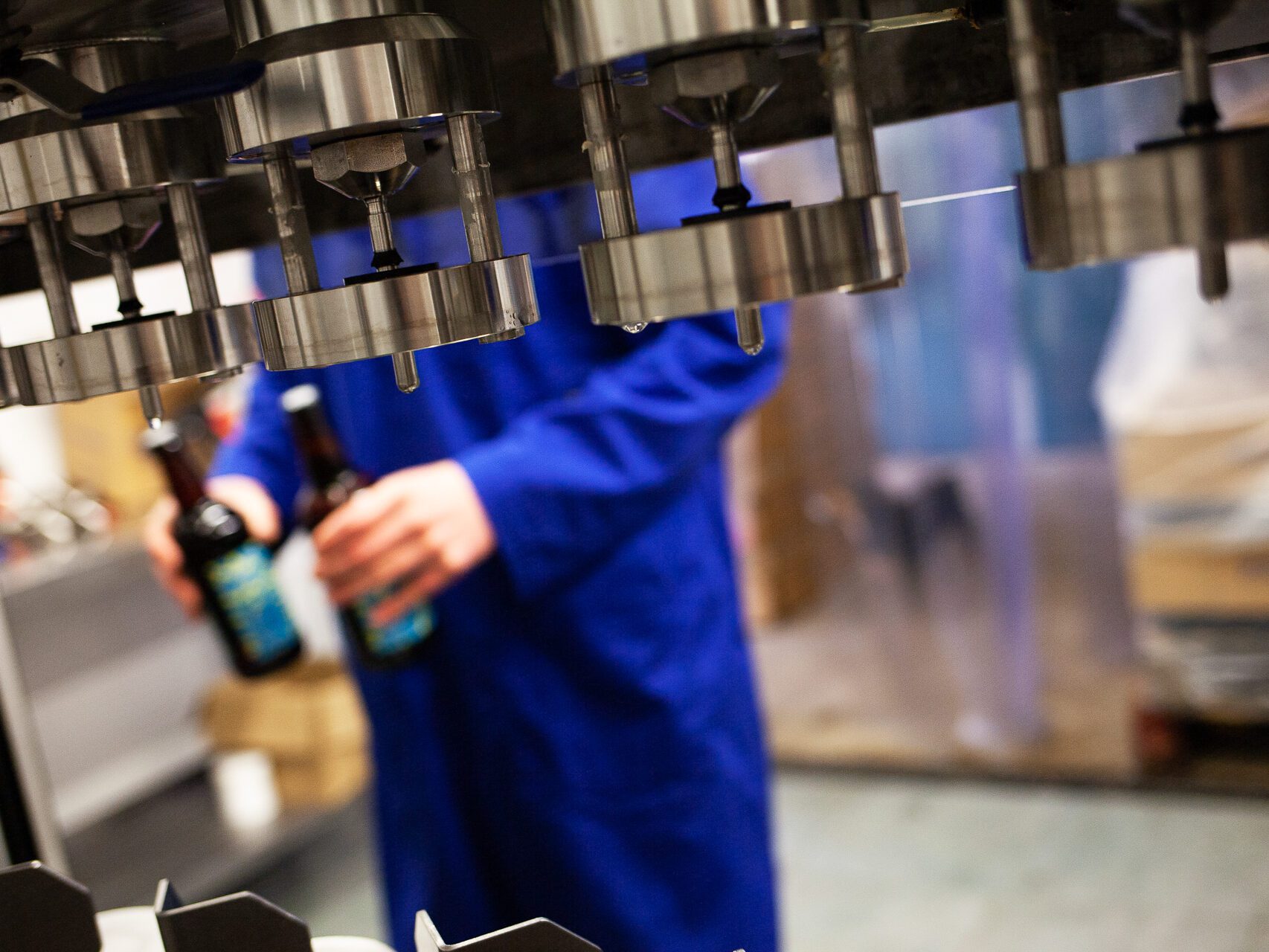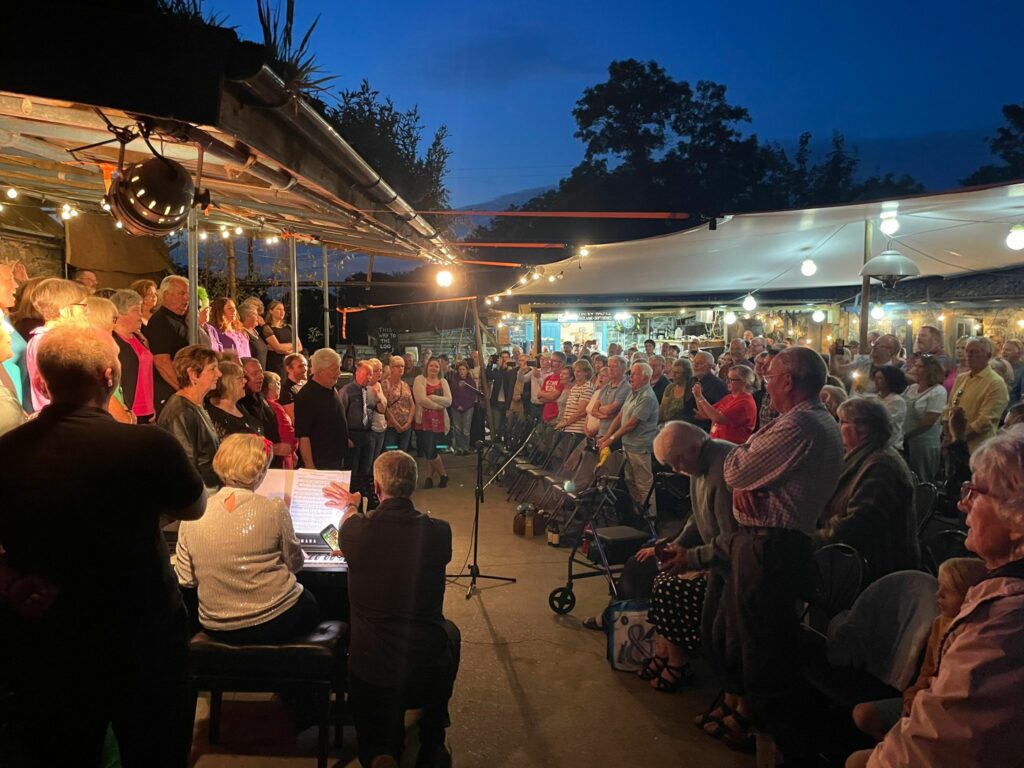As Industries across the world face the urgent challenge to reduce their environmental impact, especially their reduction of CO2 emissions, we are embarking on a new project and will be working with Swansea University’s Faculty of Science and Engineering, Department of Biosciences and Phytoquest Ltd of Aberystwyth, to find a solution to capture CO2 produced naturally by the brewing process and to re-purpose it.
Like many small companies, we are always looking for ways to reduce our carbon footprint. As you may already know, we have won several awards over the years for our efforts at sustainable production and are continuing our quest to become a carbon neutral company. Our efforts have varied from reed bed filtration systems for wastewater, tree planting, sourcing electricity from 100% renewables through to compost toilets and building with salvaged materials, but perhaps the most ambitious project so far is this collaboration with Swansea University to capture CO2 naturally produced by the action of yeast in the brewing process and to turn this CO2 into valuable biomass. If successful, it is hoped that the solution will be replicable for other small scale CO2 producing companies.

Initially, we approached Swansea University as we believed that though we probably have the engineering capabilities and knowledge to fabricate and adapt our equipment to capture CO2 the problems of safe storage, movement and processing that CO2 seemed insurmountable. We were interested to discover that Professor Carole Llewellyn at the Department of Biosciences and her team, have both the experience and expertise to guide us through the process and the research facilities with which to work out the most efficient methods of using the CO2.

The project is partially funded by the Welsh Government ERDF SMART Expertise Programme which aims to support collaborations between industry and academic institutions.
The idea is to capture all the CO2 that is naturally produced through the process of fermentation and CO2 that is vented during the bottling of carbonated beer. Once captured, it will then be transferred to a process area where it will be repurposed using sunlight and microalgae.
This is a technical process which uses microalgae, which are far more efficient than plants and trees at capturing CO2. The biomass produced, will then be processed, and subsequently presented to Phytoquest Ltd, the third-party member of the collaborating team, who specialise in natural product discovery and development of sustainable ingredients for use in the food, pharmaceutical and cosmetic industries.

